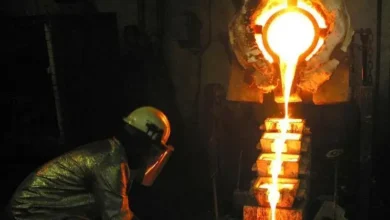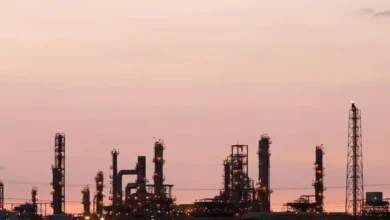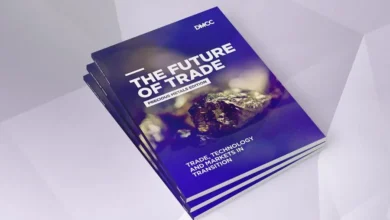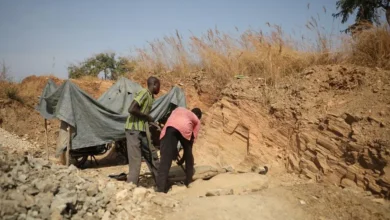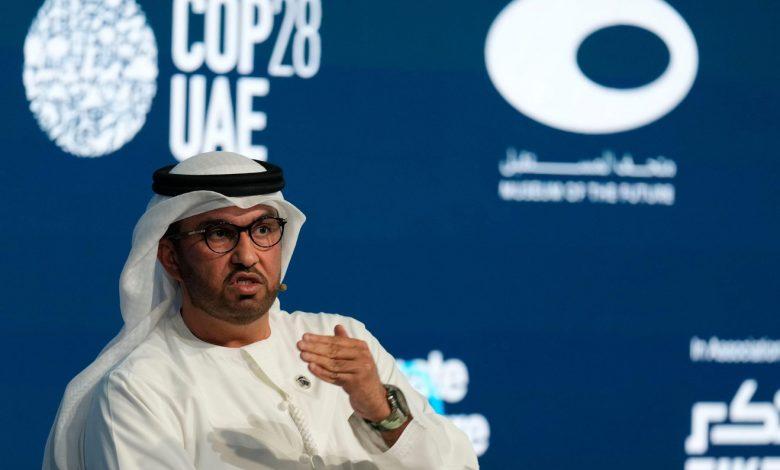
- Eamon Ryan was among 70 ministers who attended pre-COP28 talks in Abu Dhabi this week.
TWO-DAY TALKS attended by 70 ministers from around the world, including Eamon Ryan, ahead of a global climate summit have fallen short of reaching agreement on key measures, such as what role some countries, including China, will play in a new climate fund.
COP28 – the 28th annual United Nations conference on climate change – is due to take place in Dubai in the United Arab Emirates at the end of this month.
Two of the major issues will be whether nations will agree to a major shift away from fossil fuels and on how to provide supports to vulnerable countries already suffering from the impacts of the climate crisis (a measure referred to as ‘loss and damage’).
Pre-COP talks in Abu Dhabi today and yesterday ended without consensus between countries, though Egypt’s delegate Mohamed Nasr told AFP that “almost 80% of the text” was agreed.
At COP27 last year, Minister for Climate Eamon Ryan was the EU’s lead negotiator on loss and damage.
Countries agreed to set up a dedicated fund for loss and damage supports but left much of the detail, including where exactly the money will come from, still to be decided – with divisions in particular of whether China should benefit from the fund or be contributing to it.
A European negotiator told AFP that countries “were one or two days away from an agreement” on the fund but that “the United States does not want to put in a penny if China is a potential beneficiary”. Saudi Arabia does “not want any wording that would expand the list of donors beyond the developed countries”.
Minister Ryan wrote on social media yesterday that the “crucial talks” were trying to reach an agreement on who would administer the fund and the sources of funding.
“The EU’s position on #PoullterPays is clear,” he said, referring to a principle that the parties most responsible for causing damage should be the ones to take most responsibility for addressing it.
Germany’s climate negotiator Jennifer Morgan, former executive director of Greenpeace, said there was “a lot of goodwill, constructive engagement, big debates and trying to find solutions” at the talks but that there remained “a lot to do in the next 28 days”.
Another challenge is that many developing countries are uneasy with the prospect of the fund being established through the World Bank, which the Alliance of Small Island States (AOSIS) described as “not fit for purpose for broader development issues”.
In 2015, COP21 saw countries settle on the Paris Agreement, which called on the world to try to limit global warming to 1.5 degrees of temperature rise compared to pre-industrial times and not to allow it to surpass 2 degrees.
Global temperatures are expected to exceed those limits unless “deep reductions” are made to greenhouse gas emissions.
The scale of recent changes to the climate is “unprecedented” over hundreds and thousands of years, according to the Intergovernmental Panel on Climate Change (IPCC), and many parts of the world are already feeling the effects of those changes.
COP28 will mark the first formal assessment, known as the Global Stocktake, of whether countries are on track to stay in line with the Paris Agreement.
Burning fossil fuels like oil, coal and gas is a major source of greenhouse gas emissions, which push average temperatures upwards by staying in the atmosphere and trapping heat close to the earth.
However, the COP process has been slow to address the role of fossil fuels, largely because of the influence of the fossil fuel industry and economies that yield millions from it.
How nature, instead of concrete, could protect Ireland’s towns from damaging floods
Get The Journal’s monthly climate newsletter delivered to your inbox
The EU’s position going into COP28 is to call for a global phaseout of unabated fossil fuels (that is, fossil fuels that are burnt without any kind of measures in place that can reduce their impact).
Each year, the country that hosts the COP appoints a representative to serve as the conference’s president. COP28 president Sultan Al Jaber is the UAE’s Industry Minister and special envoy for climate change but also the CEO of the Abu Dhabi National Oil Company.
In July, Al Jaber said that “phasing down” fossil fuels is inevitable. The distinction between phasing “down” and phasing “out” is one that countries have laboured over in previous negotiations as it means the difference between making some reductions or fully committing to cutting fossil fuel use.
According to the Irish Embassy in the UAE, Minister Ryan met with the COP28 President during the talks and exchanged ideas about “closing the gap on climate finance”.
At the pre-talks this week, Al Jaber said he knows there are “strong views about the idea of including language on fossil fuels and renewables in the negotiated text” and asked countries to find “common ground”.
“We need to get on with the work. There is no time for delay. We should use every single day between now and the beginning of COP28 to make progress on all the elements”.
More preparatory talks are scheduled to take place this month before the COP28 summit begins in Dubai on 30 November.
Additional reporting by AFP



